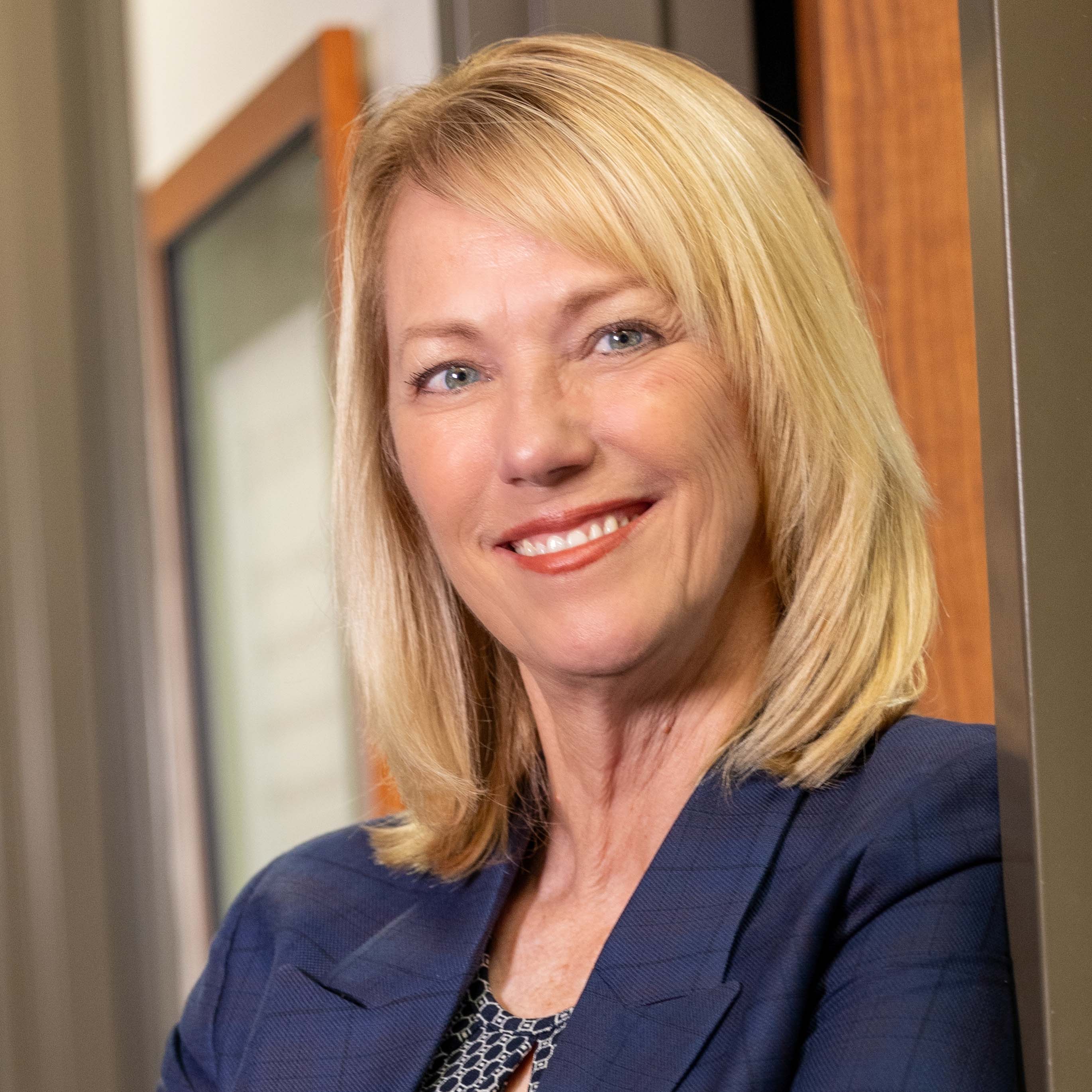 People are living longer, needing more health care and long-term care, spending more, and saving less.
People are living longer, needing more health care and long-term care, spending more, and saving less.
Reverse mortgages are one of the tools necessary to navigate retirement for many seniors. It can increase cash flow and save on income taxes in retirement. Strategic uses of home equity, especially reverse mortgages, could help stem the overall retirement income shortage for many Americans and help seniors age at home.
Once you have attained the age of 62 or older, you can access the equity in your home without making monthly mortgage payments. This loan against your equity is known as a reverse mortgage. Like a traditional mortgage, homeowners over age 62 can borrow money using their home as security for the loan. These loans can help seniors stay in their homes longer and lower their monthly costs.
Most reverse mortgage loans are Home Equity Conversion Mortgages (HECMs) insured by the Federal Housing Administration (FHA), which is a part of the U.S. Department of Housing and Urban Development (HUD). Although some non-FHA mortgages are available, they do not have the same protections and guarantees. A HECM is nothing more than a regular mortgage that has a very unusual repayment program. You can receive a percentage of the value of your home based on current interest rates and your age.
Reverse Mortgage Pros:
- Borrowers no longer make monthly mortgage payments; payments are optional and flexible. However, the homeowner continues to be responsible for property taxes and homeowner’s insurance.
- If you owe more than your home is worth but sell your home for the appraised fair market value, the remaining balance will be paid by mortgage insurance. When the last remaining borrower dies, sells their home, or if the house is no longer their principal residence, the loan must be repaid. Most heirs will repay the loan by selling the home; however, your heirs can pay the mortgage balance or 95% of the appraised value and keep the house. If your loan balance is more than the value of your home, your heirs will not have to pay more than 95 percent of the appraised value. The remaining balance of the loan is covered by mortgage insurance.
- Reverse mortgages do not have income or credit score requirements.
- The HECM Lines of Credit have a guaranteed growth factor for as long as you live in the home, even if the home's value goes down. The available amount of your loan will continue to grow every year.
- A reverse mortgage may allow a retiree to delay taking their social security income, so their monthly benefit will increase as they wait.
Reverse Mortgage Cons:
- Interest and fees are added to the loan balance each month and the balance grows. As a result, the amount the homeowner owes to the lender goes up – not down – over time.
- Typically, a reverse mortgage loan is more expensive than other home loans.
- On-going Costs such as servicing fees paid to your lender to cover such costs as sending you account statements, distributing your loan proceeds, and making certain that you keep up with the loan requirements
- Annual mortgage insurance premium, which is 0.5% of the outstanding mortgage balance
- You will typically need at least 50% equity—based on your home’s current value, not what you paid for it—to qualify for a reverse mortgage. In addition, if you are away for more than 12 consecutive months in a healthcare facility such as a hospital, rehabilitation center, nursing home, or assisted living facility and there is no co-borrower living in the house, anyone living with you will have to move out unless they can pay back the loan or qualify as an Eligible Non-Borrowing Spouse.
- Only the lump sum (single disbursement) reverse mortgage, which gives you all the proceeds at once when your loan closes, has a fixed interest rate. The other five options have adjustable interest rates since you borrow money over many years, not all at once, and interest rates constantly change. The lump sum can be used to pay off your existing mortgage.
Variable-rate reverse mortgages are tied to a benchmark index. In addition to one of the benchmark rates, the lender adds a margin of one to three percentage points. So, if the index rate is 2.5% and the lender’s margin is 2%, your reverse mortgage interest rate will be 4.5%. - Reverse mortgages may not be available for condominium owners or co-op properties. In addition, the home must be your primary residence and FHA qualified.
How is a Reverse Mortgage Similar to a Conventional mortgage?
- The title to your home remains in your name.
- Homeowners are required to pay property taxes and homeowners insurance.
- Upfront Fees: Like with a traditional mortgage, borrowers typically have to pay one-time upfront costs at the beginning of the reverse mortgage loan. For reverse mortgages, these costs include:
-
- Origination fees/Upfront premium 2% of the home’s appraised value (which cannot exceed $6,000 and is paid to the lender).
- Real estate closing costs (paid to third parties) can include an appraisal, title search, surveys, inspections, recording fees, mortgage taxes, credit checks, and other fees.
- An initial mortgage insurance premium: An initial and annual mortgage premium is charged by your lender and paid to the Federal Housing Administration. Mortgage insurance guarantees that you will receive your expected loan advances. This insurance differs from what you must pay for homeowners’ insurance.
- You can pay these costs in cash or by using the money from your loan. If you use your loan proceeds to pay for upfront costs, you won’t have to bring any money to the closing, but the total amount you’ll have available from the reverse mortgage loan proceeds will be less.
what is Unique to reverse mortgages?
- The loan is repaid when the borrower no longer lives in the home. However, the homeowners or heirs will eventually have to repay the loan, usually by selling the home.
- Homeowners are required to use the property as their principal residence
- Homeowners are required to keep their home in good condition.
- Borrowers taking out a HECM reverse mortgage loan must receive counseling from a HUD-approved reverse mortgage counselor before accepting the loan, and there is often a cost to the counseling. HUD-approved housing counseling agencies may charge you a reasonable fee, but they can only charge you a fee if you can afford it and must explain all charges before counseling. This counseling session, which usually costs around $150, should take at least 90 minutes and cover the pros and cons of taking out a reverse mortgage.
- The amount you can borrow will be based on the youngest borrower’s age, the loan’s interest rate, and the lesser of your home’s appraised value or the FHA’s maximum claim amount, which is $1,089,300 as of Jan. 1, 2023.
Risks:
- Beware of contractors who recommend getting a reverse mortgage loan to pay for repairs to your home.
- Relatives, caregivers, and financial advisors have also taken advantage of seniors by using a power of attorney to reverse mortgage the home, then stealing the proceeds, or convincing them to buy various financial products.
- Sometimes the risks, obligations, and costs of a reverse mortgage are hidden or hard to calculate before you finalize your reverse mortgage.
- Lenders that use high-pressure sales tactics can be a red flag.
- You should add your spouse as a co-borrower where appropriate.
- A reverse mortgage does not mean your expenses end: You must keep paying property tax and homeowners insurance, or you could face foreclosure.
Other ways of accessing your home equity may be more cost-effective in the long term. For example, if you are interested in a reverse mortgage loan, you should compare loan options, fees, and interest rates from several lenders to make sure you will get the loan features you want and the lowest interest rate possible.




